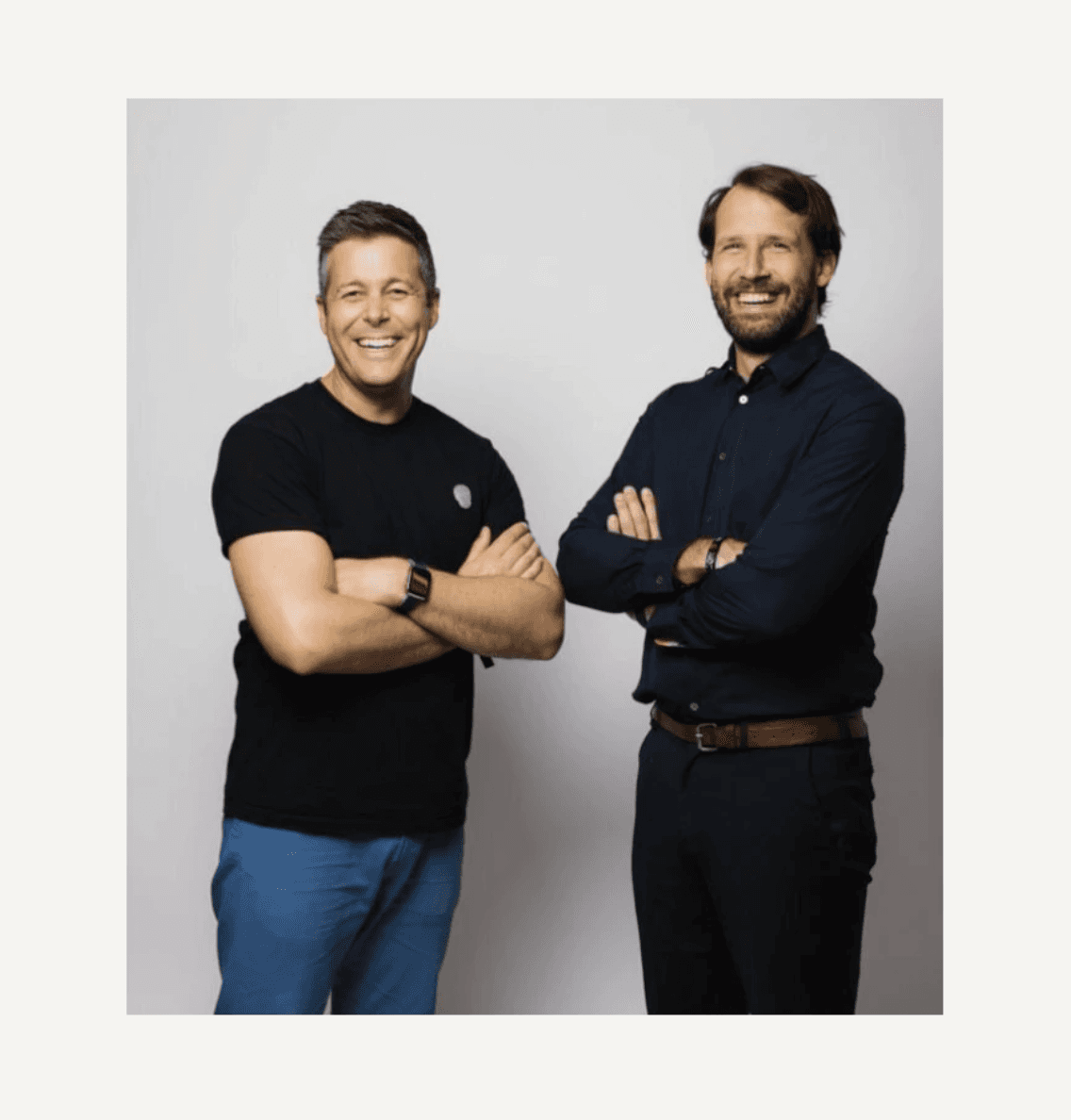Nov 2, 2022
5min read

Authors
Synthetic biology will be a game changing industry — and new startup Insempra is at the forefront of the revolution
Jens Klein, co-founder and CEO of Insempra
Jens Klein started his career, like many others, as a management consultant. Working in the US for a period, he decided to come back to Europe, and was working with world-wide leading healthcare company Fresenius SE, acting as an executive assistant to the board and through the head of M&A to the managing director of a Fresenius subsidiary of a large European company. Later, he spent some years doing venture capital investments in biotech companies. “It developed over time that I was doing venture capital and a management buy-in into a speciality chemicals company in the late 2000s,” he says.
That company was a high-tech, performance materials company, using nanosilica — small particles — to bring into acrylics and epoxy resins to coat surfaces and make them more usable and resistant to environmental impacts. The company was sold to Evonik Industries, a German-based speciality chemicals company. The deal included Klein and a colleague. “They wanted us to be entrepreneurs within the large conglomerate,” he says.
It didn’t end up working out, with an inherent tension between the entrepreneurial spirit and the needs and formality of a multinational conglomerate. Klein ended up leaving after being introduced to a pair of brothers who are the major shareholders at vaccination firm BioNTech. “They asked me if I’d like to do something in one of their companies,” says Klein. “It was synthetic spider silk.”
So it was that Klein joined AMSilk in 2014 as CEO, starting with the first few grams of a whiteish powder that could become synthetic spider silk. Klein had, within realising it, become one of the first CEOs in the growing, new field of synbio (synthetic biology). “It was all very exciting and very new,” he says. “We all wanted to build these great companies using synthetic biology.”
AMSilk grew hugely and the technology developed, but Klein decided to leave in late 2020 for his next project: Insempra. Back then, the company was called Origin.Bio, and he became its founder and CEO. “Most biotech companies out there, it’s an idea of some professor, a tech idea, which he or she thinks should be brought into the market,” says Klein. “It was the same with the AMSilk idea: there was a professor who created the idea to bring the technology to market.”
That approach has two downsides, says Klein. One: you’re limited in terms of intellectual property because the technology has been defined already in the lab. It also limits the funnel towards the consumer by starting out from a university laboratory. “I had thought that the impact of these companies is much smaller,” he says. “I wanted to create impact, too.”
So Klein set up Origin.Bio the other way round. Rather than developing a technology, then finding a solution for it, he looked for the problems needing solutions, then developed the technology. The thinking was simple: look at consumer goods brands and consumers, and their needs, then think about what they could offer them. The company became a biology-powered firm enabling businesses to make superior products with nature by combining the best of bioscience and technology to grow matter for new and better products.
In 2021, the company under Klein investigated 367 different technologies, with some going into due diligence. A handful of the people behind those technologies were onboarded into the company, and narrowed down to three tech platforms.
“It was a totally different way of founding a biotech company,” says Klein. One of the technologies onboarded into Origin.Bio was a spinoff from Columbia University called Carbon Cycle; another a spinoff from Imperial College London called Solena Materials, which develops synthetic proteins for high-performance clothing fibers.
It wasn’t always a smooth process. “AMSilk had more than 50 people, and was very well financed,” says Klein. “They had strong connections and bonds. But I wanted again to do something meaningful, and that’s why I started.” That meant starting — from the beginning again. Klein would end up cleaning up company’s first offices in Munich at the end of each work day, bridging the gap between the scheduled cleaning visits every two weeks. “It was completely different, compared to the set-up I had earlier,” he says. “It was quite a change — but it was also very exciting building a company and building an international team.”
That team initially was just Klein as of January 2021, but now has more than 20 people in Munich, and around 10 in Insempra’s Solena Materials labs and offices in London.
Though small, the team was driven by a desire that Klein felt keenly. “I want to create something valuable for the environment, for myself, and for investors,” he says. “But I also wanted to bring new folks on board and have that startup feeling again.”
It was drive and a desire that captured the imagination of EQT Ventures, who led a $15 million series seed into the company in May 2021. Earlier that year, colleagues Sandra Malmberg, Gregory Bernstein and Ted Persson had just finished up a deep dive into synthetic meat, when they decided to broaden it out to the world of synthetic biology. At the same time, Jason Whitmire, one of the founders of German-based investor Blueyard introduced Jens to the EQT Ventures team. “It was a different kind of company, because it was very early stage,” says Ted Persson, partner at EQT Ventures. But despite that, it was a logical decision to make. “Jens is one of the few people in the world to have commercialised synthetic biology on the materials side,” says Persson. “The company’s synthetic biology focus was one of these clear next big things that we identified as something we wanted to focus on moving forward.”
“What we liked about the company was that they had a clear mission,” Persson says. “They are liberating manufacturing materials and goods from its petrochemical dependencies.”
After EQT Ventures had invested, the company changed its name from Origin.Bio to Insempra in 2022 to reduce confusion with a company based in the United States with a similar name. “We had a set of names, and this one was suggested,” Klein says. It connects to the idea of the Navy SEALs’ motto, In semper fidelis, always being loyal, and links to similar-sounding Latin words that have positive associations and connotations. “We also thought it’s a great opportunity to launch the company,” he says. “Origin.Bio was a concept. We’ve developed the company, and now Insempra is a fully-fledged organisation.”




















































































































































